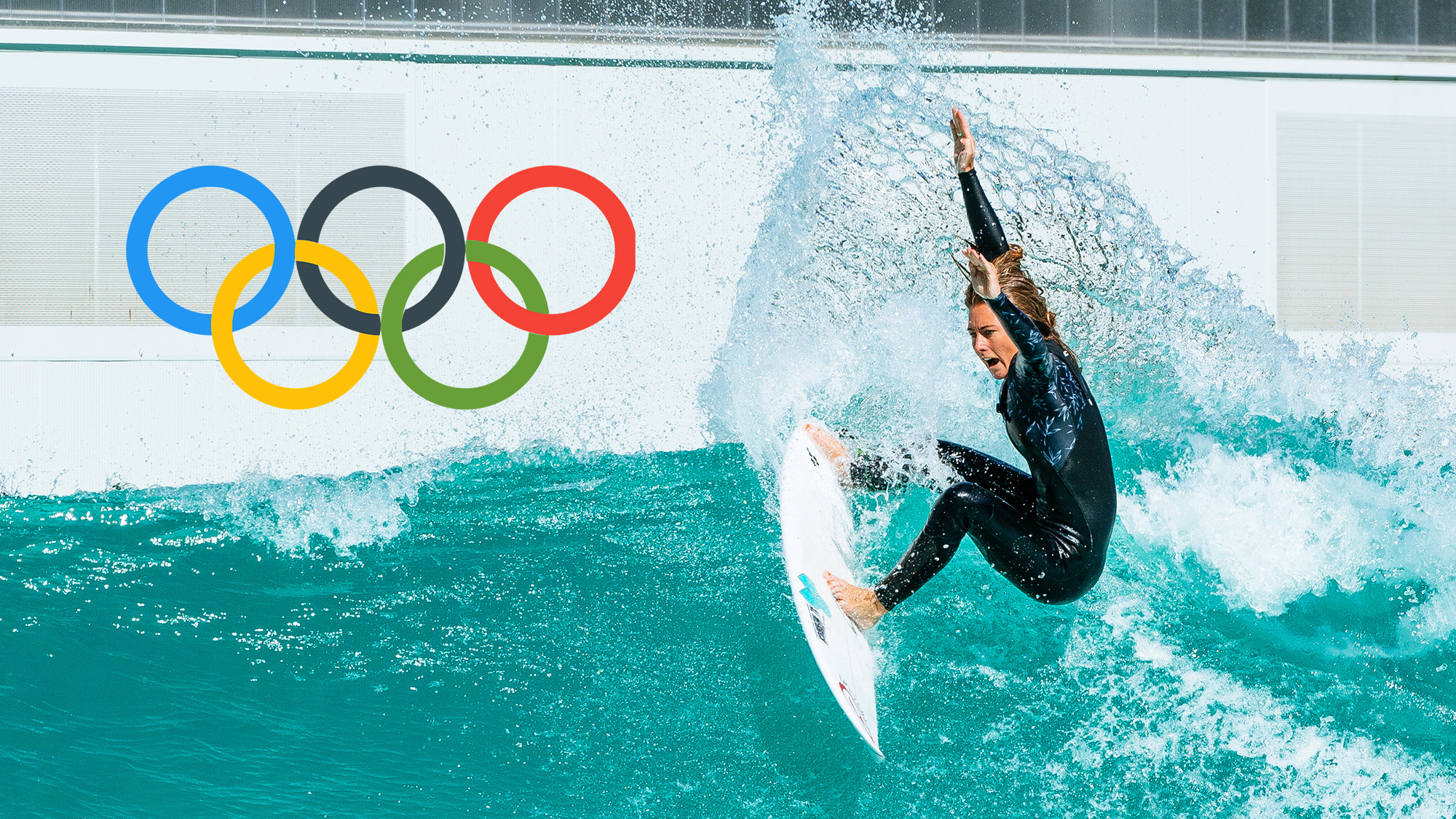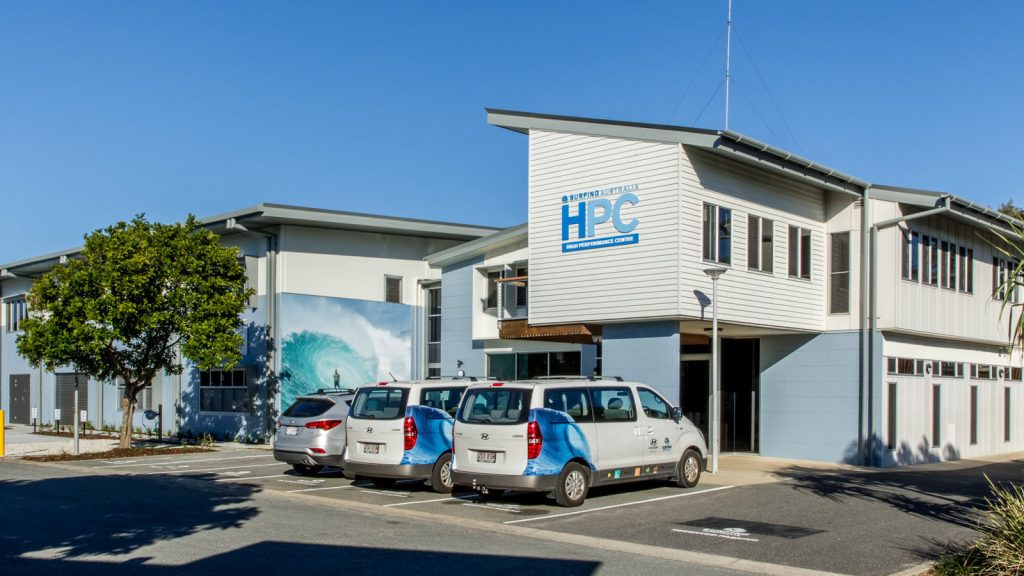How wave pool training will lead to Aussie domination

Will Australian pros train in wave pools and go on to kick the butts of other surfing countries?
While American surfers are pounding back beers on the lawn at BSR Surf Resort or out at Lemoore pocketing complimentary snacks from the Surf Ranch, Australia is working to use wave pools to train their athletes.
And it’s not just the Lucky Country. China will be doing the same with their cargo liner wave pool and Europe?, well the pools are still waiting official government stamps, seals of approval and signatures. And while Brazil is rubbing their hands together, ready to win absolutely everything, they will have to wait a few years for their chance as well. But by as early as this time next year, Australia will be (once again) the dominant force in surfing.
Why? They will have spent a year training in wave pools.
“The most difficult thing about surfing is repetition,” says Barton Lynch, ambassador for Surf Lakes. “In other sports you have consistent rehearsal in an environment that’s stable. In surfing you’ve never had that before. Until now.”
All nations love sport. But Australians mainline it. Olympic gold is so important to the nation that tax dollars are spent to help Australia finish in the top 5 of the Games every four years. For every 500,000 Australians there was one Olympic medal won in Beijing. Americans had to settle for one medal per 2.7 million people.
But it wasn’t always this way. At the 1976 Montreal Olympics the Aussie teams earned just one Silver and four Bronze medals. It stung the nation’s pride. After that the country took action, pumping money into national sports. This was also the era of the Bronzed Aussies.
Between 1980 and 2000 Australia imported 200 coaches from around the world to train their athletes in diving, canoeing, archery, rowing and gymnastics. All for the gold. That support for meant amateur organisations and training facilities received the cash needed to pump out competitive athletes.
“Sport? I suppose it’s our great distraction, but it’s also the great sort of bonding of Australian society, and people and culture,” Sean Gorman of Curtain University Perth told Public Radio International. “What distinguishes Australia is a broader commitment to
Will surfers be singing the Melbourne Demons footy fight song while air-dropping into the new URBNSURF Melbourne slabs? Quite possibly. But more likely they will be doing some high-tech training and coaching.

URBNSURF and Surf Lakes present a unique scenario. It’s the first wave pool in a country with a government-funded NGO whose mission is to nurture the best surfers on earth.
“We’re all passionate Aussies and we want to bring home the Gold” said Andrew Ross CEO of URBNSURF. “We’d be delighted to work with Surfing Australia to offer the lagoon for training purposes.”
Mr Ross made this statement during our interview about the coming Melbourne pool. To illustrate just how big a part wave pools will play in the future of the sport, he shared an anecdote.
“Andy King, the Surfing Australia National Coach, had a few priors in the Cove (test facility in the Basque Country) a while back and said he could achieve in three days more than what he could achieve in three months with his athletes in the ocean. The progression is that much more efficient and concentrated.”
There was an episode where Josh Kerr was at the Cove test facility in the Basque Country and got a wave, then while standing in the shallows watched his ride played back on an adjacent big screen TV. Kerzy revealed his aha moment: “Oh, so that’s it! That’s why I’m getting scored down a tenth of a point on those hits. I think I’m going more vertical but actually, I’m not.”
So if Kerzy can off-handedly refine his performance in a man-made environment on the spot without a coach or special directive before entering the pool, imagine the possibilities with full coaching staff and program.
Will we see a training wave pool facility at the Surfing Australia High Performance Centre, the six million dollar building in New South Wales? We’d venture to say yes. As recently as last year, the Australian government increased the budget for training its top athletes by 20 percent.
Seeing the rewards to performance in surfing from and investment in a wave pool, one can venture to guess that the future is Gold for Australian surfing.
Trackback from your site.
Related Coverage
